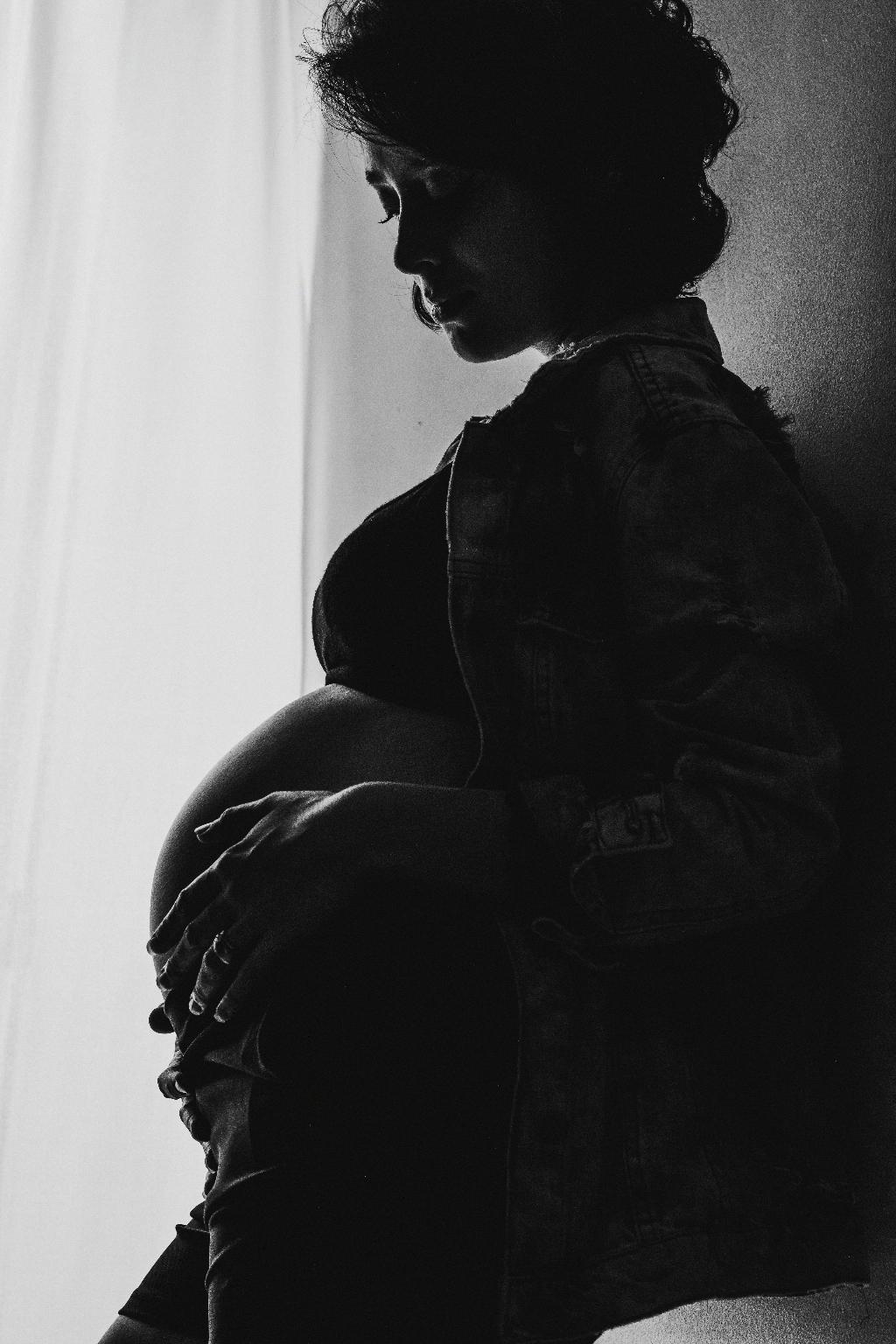During pregnancy, many myths and old wives’ tales circulate about ways to predict the gender of a baby. One common belief is that experiencing little to no nausea during the first trimester indicates that you may be having a baby boy. However, it’s important to debunk these myths and rely on scientific evidence when it comes to determining the sex of your baby.
Morning sickness, characterized by nausea and vomiting, is a common pregnancy symptom experienced by many women. Some believe that the absence of morning sickness suggests a higher likelihood of carrying a boy. However, it’s crucial to note that the presence or absence of nausea is not a reliable indicator of the baby’s gender.
Scientifically, the sex of a baby is determined by the chromosomes contributed by both parents. While there are certain genetic tests available to determine the gender of the baby before birth, the most common and widely used method is through ultrasound imaging, typically performed around 18-20 weeks of pregnancy.
Ultrasound technology allows healthcare providers to visualize the anatomy of the fetus and identify markers that indicate the baby’s sex. This method is highly accurate and is the most reliable way to determine whether you are expecting a boy or a girl.
It’s essential to remember that every pregnancy is unique, and the symptoms experienced by one woman may differ from another. While some women may experience severe morning sickness, others may have little to no nausea at all. These variations in symptoms do not provide any meaningful information about the baby’s gender.
Factors such as hormonal changes, maternal health, and individual differences play a significant role in how pregnancy symptoms manifest. The absence of nausea does not necessarily indicate the sex of the baby and should not be used as a definitive predictor.
As expectant parents, it’s common to be curious and eager to know the gender of your baby. However, it’s important to approach these speculations with caution and rely on medical professionals for accurate information about your baby’s sex.
While myths and old beliefs may offer a sense of excitement and intrigue, it’s crucial to prioritize scientific evidence and medical expertise when it comes to making decisions about your pregnancy and the health of your baby.
In conclusion, the absence of nausea during pregnancy does not necessarily mean that you are having a baby boy. The sex of the baby is determined by genetic factors and can be accurately determined through methods such as ultrasound imaging. It’s best to avoid relying on myths and instead focus on the guidance of healthcare providers for accurate information about your baby’s gender.

